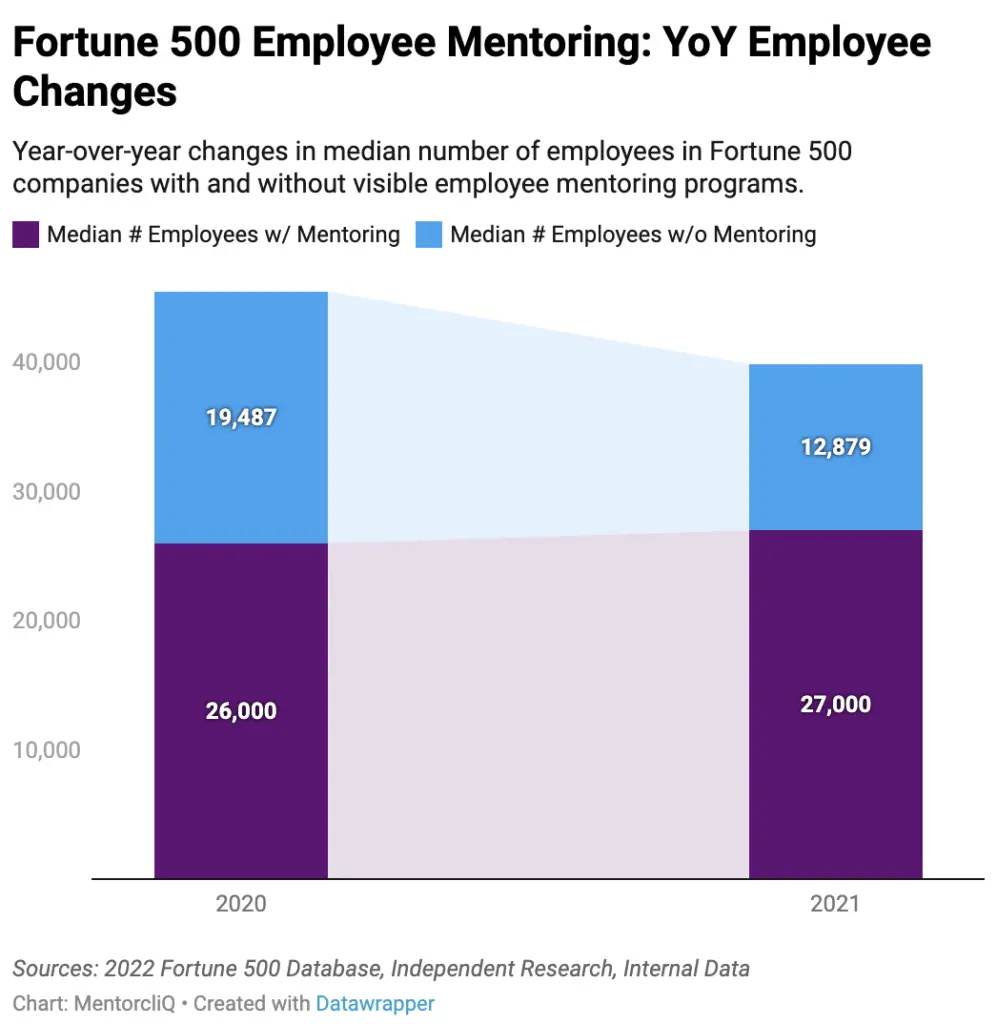Imagine calling an Uber or Lyft ride only to find that the car has a “Student Driver” sticker on the back. The vehicle might be clean and free of dents, but with an untrained driver behind the wheel, the ride will be a bit chaotic (to say the least). This is what happens when businesses have leaders who aren’t adequately trained to keep the car straight, make smooth lane changes, and respond to the unpredictability of the road. Without effective operations leadership, the organization may get lost, leading to reduced productivity and missed opportunities.
Operations leadership (sometimes termed “operational leadership”) is among many different leadership styles. It’s a style that ensures efficient and smooth daily business processes aligning with the organization’s strategic goals. While it lends itself well to businesses with a physical product, operational leadership can be applied to all sectors, from retail to SaaS to banking to healthcare, ensuring optimal business processes.
In this article, we will explore what it means to be an operational leader and how you can drive efficiency, productivity, and success using the operational leadership approach.
Operations Leadership Defined
Operations leadership refers to managing and directing day-to-day business processes, focusing on ensuring efficiency, quality, and delivery of products or services. It’s the bridge that connects strategic goals with tactical execution.
The most common types of day-to-day business operations may include:
- Inventory Management: Inventory management is the tracking and managing stock levels, ordering new supplies, and coordinating with suppliers.
- Product or Service Delivery: Ensuring timely delivery, managing logistics, and monitoring the quality of products or services.
- Financial Management: Budgeting, accounting, billing, and financial reporting to maintain fiscal responsibility and transparency.
- Production Management: Scheduling, quality control, process optimization, and oversight of manufacturing or service provision.
- Quality Assurance: Implementing quality control measures, monitoring standards, and taking corrective actions if needed.
- Compliance and Risk Management: Compliance and risk management is the making sure business operations comply with legal, regulatory, and ethical standards, and managing potential risks.
- Technology Management: Overseeing the technology infrastructure, maintaining systems, and implementing new software or hardware as needed.
- Strategic Planning and Execution: Aligning daily activities with organizational goals, monitoring progress, and making necessary adjustments.
- Vendor and Supplier Coordination: Managing relationships with vendors and suppliers, negotiating contracts, and ensuring that goods and services are received as per the terms.
- Data Analysis and Reporting: Gathering, analyzing, and presenting data to aid in decision-making, performance monitoring, and achieving business objectives.

As you may have noted at this point, operations leadership is fairly broad. Like other leadership styles, operational leadership is not a job title or a job function, but a leadership strategy. As such, operational leaders are those who deploy their skills to keep their organization…well…organized!
As an operational leader, your role includes overseeing daily tasks and progressions of employees and departments to ensure they are on track and to standard to meet their own goals and the organization’s goals.
To optimize efficiency and effectiveness in delivering products or services to customers, operational leaders must develop and possess a deep understanding and extensive knowledge of the company’s processes and products or services.
So who exactly are operational leaders?
Chief Operating Officers (COOs) are an excellent example of operational leadership. In many organizations, the COO is responsible for the day-to-day operations, ensuring that the company’s processes and systems function smoothly and effectively. This often includes overseeing areas like production, quality control, supply chain, and logistics, among others.
Example: Before becoming CEO, Tim Cook served as Apple’s Chief Operating Officer (COO) and was responsible for the company’s worldwide sales and operations. He played a key role in setting up Apple’s vast and complex manufacturing supply chain, particularly in Asia.
A COO’s role contrasts with other top executives, like Chief Executive Officers (CEOs), who might focus more on overall business strategy, vision, and external relationships, or Chief Financial Officers (CFOs), who are primarily concerned with financial management.
Another practical example must be frontline managers. They account for 50-60% of an organization’s managerial ranks and directly supervise up to 80% of the workforce, according to Harvard Business Review.
From supervisors in a manufacturing setting to team leaders in a call center to head nurses in a hospital ward, frontline leaders directly oversee the frontline staff. Those frontline workers are immediate tasks and oversee the challenges of daily operations. They are often the first point of contact with the product, service, or customer.
That said, not all operational leaders are frontline leaders. Operational leadership can also encompass higher levels of management that are still concerned with day-to-day business operations but are perhaps one or two steps removed from the immediate frontline.
Operational Leadership vs Strategic Leadership
Although we did point out earlier that, in a nutshell, strategic goals + tactical execution = operational leadership, don’t confuse operational leaders with strategic leaders (or even foresight leaders). Instead of developing business strategies themselves, operational leadership is about executing the strategy set by strategic leadership or higher management.

Using frontline managers as an example here again, they are responsible for effectively communicating the strategic goals and objectives (from the higher-ups) to the employees at the ground level. They’re responsible for inspiring and motivating their teams to implement the organization’s strategy successfully.
The role of frontline managers involves not only conveying the “big picture” to the entire organization, but also breaking down the strategy into actionable tasks that align with the overall goals.
In a well-functioning organization, both operational and strategic leadership are essential. Operational leaders ensure that the organization runs smoothly every day, while strategic leaders ensure that the organization is moving in the right direction for long-term success.
Why Is Operational Leadership Important?
Besides ensuring efficient execution of tasks, smooth workflow, and practical resource utilization within an organization, strong operations leaders drive productivity, adapt to challenges, and foster teamwork.
Turn vision into action
Again, while strategic leaders might set the vision, it’s the operational leaders who ensure that this vision is executed.
They translate big-picture goals into day-to-day operations and tasks. Typically, they’re some of the most organized people in the organization, with task management skills that can appear otherworldly. They may also be involved in tasks such as creating an employee handbook to ensure that all employees understand their roles and responsibilities clearly.
MentorcliQ’s Mentoring Community Director, Laura Francis, comes to mind for me in this case. Her organizational prowess is why our consistently popular MentorCom events are well thought out, organized, and highly impactful to the HR and talent development leaders who attend.
Don’t Miss the next MentorCom! Register right here for our 100% free Virtual MentorCom event, where you can learn from and interact with HR and talent development leaders from leading organizations.
Organizations can struggle with inefficiencies, low morale, and missed objectives without effective operational leadership.
Moreover, as organizations constantly evolve, operational leaders play a crucial role in ensuring that any changes — whether they’re new technologies, processes, or strategies — are effectively implemented and that teams adapt to these changes smoothly.
Drive efficiency and productivity
The role of operational leaders directly concerns critical business processes that impact efficiency and productivity. Operational leaders streamline workflows and optimize these processes, enabling employees to stay productive and thereby creating a more efficient workforce.
Operational leaders use their knowledge, expertise, and experience to help their organization overcome operational issues and develop actionable plans to reduce inefficiency and maximize profitability, which is what most organizations aim to achieve.
Foster a positive work environment

Operations leaders guide, train, and motivate their teams, ensuring that every member understands their role and how it contributes to the broader objectives of the organization. As they work closely with operations teams and interact frequently with the workforce at all levels, operations leaders are attuned to the needs and aspirations of their employees.
Thus, operational leaders naturally prioritize and provide employee support, training, and development. Organizations ultimately benefit from investing in a skilled and empowered workforce.
That shows consistently in multiple studies and data, including our Mentoring Impact Report, where we found that during the height of the Great Resignation in 2021, US Fortune 500 companies with mentoring programs saw a median year-over-year increase in employees, while those without mentoring programs saw an average headcount decline of 4,000 employees.
Build business resilience
In the face of unforeseen events, operational leaders enhance the flow of information, which is crucial for swift decision-making. They align resources with changing demands, ensuring prompt responses to disruptions.
Operational leaders also anticipate challenges and facilitate proactive adjustments. Their dynamic leadership — underpinned by data-driven insights — boosts efficiency, reduces downtime, and ensures long-term sustainability. This strengthens the organization’s ability to navigate uncertainties and prosper.
Maintain customer loyalty
Lasting customer loyalty is built upon reliable products and services and attentive customer support. And guess who makes that happen? Yes, it’s operational leaders.
As operations leaders oversee the daily action of their workforce, they have a front-row seat when it comes to consistently delivering high-quality products or services, prioritizing exceptional customer service, actively gathering feedback, and adapting to evolving needs.
Key Attributes of Effective Operations Leaders
1. Detail-Oriented
Operational leaders need to pay attention to the details. This helps ensure that processes are efficient, resources are utilized optimally, and potential problems are identified before they escalate.
2. Problem-Solving Skills
Business operations often involve unexpected challenges. Leaders in this area should be adept at identifying problems, analyzing them, and implementing solutions.
3. Decision-making
Quick and informed decision-making is essential, especially when dealing with complex operational challenges. Operational leaders must be decisive and open to feedback and adjustments when necessary.
4. People Skills
Operational leaders work with diverse teams and must motivate, manage, and communicate effectively. They should be able to build strong relationships across different teams. This is especially useful within complex matrix organizations.
5. Flexibility
Since the operational landscape can change rapidly, effective leaders are adaptable and can manage change gracefully, leading their teams through shifts and adjustments.
6. Financial Acumen
To a certain extent, operational leaders should understand budgeting, cost management, and financial analysis. Staying on top of these concerns, and understanding how to properly budget, will ensure that operations are cost-effective and aligned with the organization’s financial goals.
7. Technology Savvy
With the rise of digital tools, analytics, and automation, operations leaders should be comfortable with technology and understand how it can be leveraged to improve operational outcomes. They must also be comfortable with and skilled at testing out new Enterprise Resource Planning (ERP) software.
8. Resilience
There will be setbacks. Effective operations leaders bounce back from them, learning from mistakes and using them as opportunities for growth and improvement.
9. Cross-Functional Collaboration
A skilled leader who understands the operations mindset is familiar with the intersection of other departments, such as sales, marketing, and finance. This individual actively collaborates with leaders in these areas and is key to achieving organizational harmony and success.
10. Delegation Skills
Effective leaders know they can’t do everything themselves. They trust and empower their teams, delegating tasks while ensuring accountability.
Why Is Mentoring Important for Operational Leadership?
Operational leadership involves a wide array of leadership skills – from resource allocation to people management and everything in between. Mentors can provide insights, techniques, and best practices from their own experiences, enabling mentees to refine and expand their skill sets.
Quite often, the best operations leaders are those you promote from within. Identifying your high-potential employees and enrolling them in a high-potential leadership program can help impart them with the additional skills they need to be effective as future leaders.
As noted earlier, the operational leadership style often relies on individuals who have innate organizational skills. Tapping into that talent and boosting those individuals into leadership positions can be a huge win for your organization.
Moreover, operational leadership is not just about managing processes but also about leading people. Mentors can provide guidance on improving interpersonal skills, conflict resolution, team motivation, and other critical leadership facets.
Mentoring is a two-way street that benefits both the mentor and the mentee. For operational leadership, it provides a platform for growth, reflection, networking, and leadership skills development, ensuring that leaders are equipped to face the myriad challenges of their roles and drive their organizations toward success.
Get your operations in order with a demo! Check out how MentorcliQ can match mentors and mentees into any type of program with a vast amount of program management automation. You know, the kind of thing operational leaders love!




